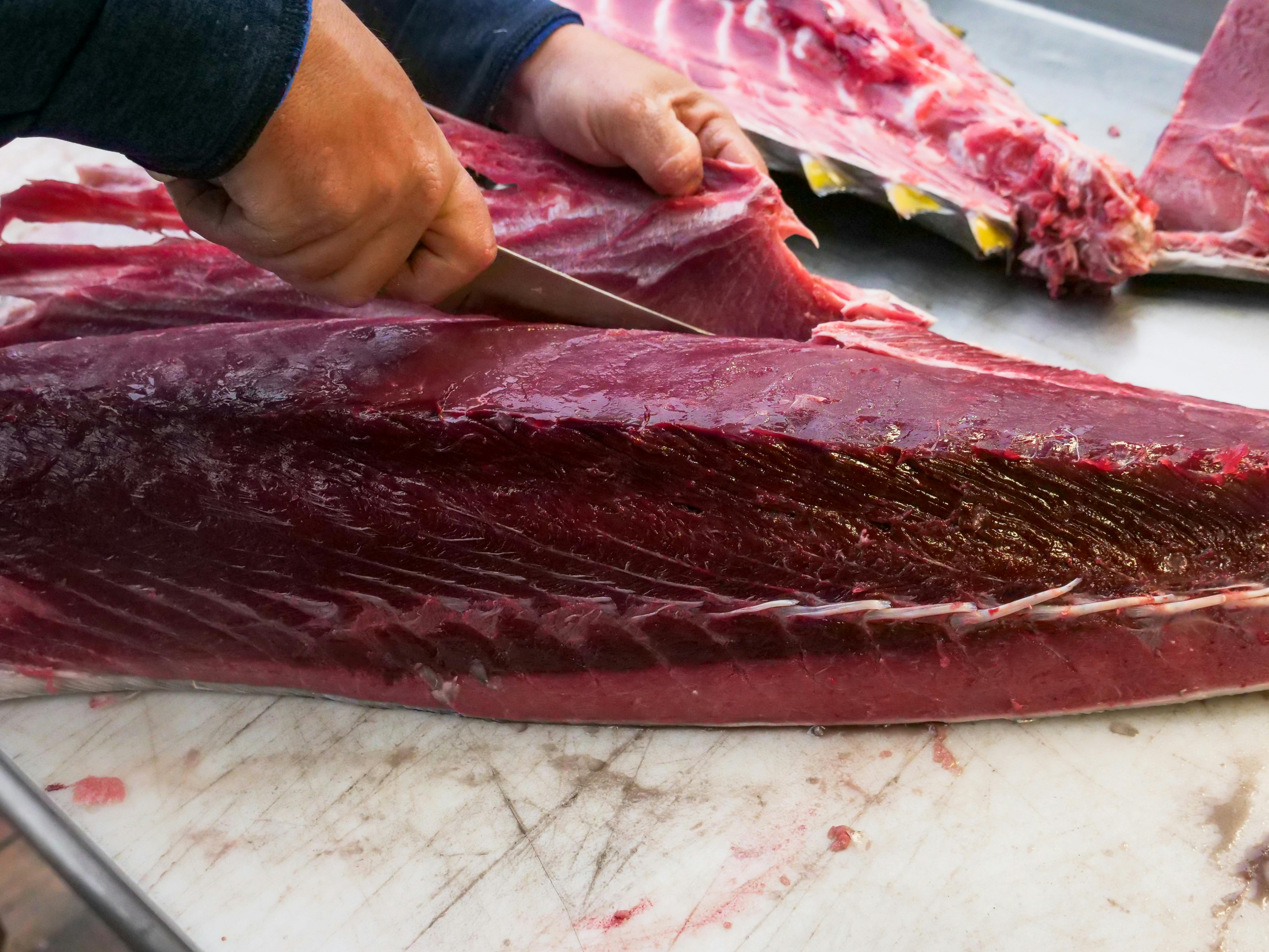
Smart Ways to Train Your Gray African Parrot for Better Communication in 2025
Training your gray African parrot not only enhances its communication skills but also strengthens the bond you share. Known for their remarkable African grey parrot talking ability, these birds thrive on social interaction and mental stimulation, making training essential. In 2025, as we explore the advanced techniques available, it's important to remember that owning an African grey parrot comes with responsibilities that include understanding their unique personalities and care needs.
This article will delve into effective training methods, the importance of socialization, and vital components of African grey parrot care. We'll also discuss how to provide proper enrichment, essential toys, and a safe environment that caters to their intelligence and social needs. By the end of the article, you will be equipped with smart strategies for improving your parrot’s communication through engaging and enriching interactions.

Essential Techniques for Training African Grey Parrots
Understanding the foundational techniques for training an African grey parrot is crucial for effective communication. These parrots are known for their high intelligence, which allows them to learn various tricks and vocalizations. Implementing training protocols for parrots that cater to their unique needs will foster both learning and enjoyment.
Positive Reinforcement Strategies
One of the most effective methods for training African grey parrots is through positive reinforcement. This involves rewarding desired behaviors with treats, praise, or affection, reinforcing the bird’s actions. For example, when your parrot mimics a chosen sound, rewarding it with a favorite treat will encourage repeating the behavior. Make sure to use high-value treats to maintain motivation. Look for pet bird supplies that are specially formulated for African greys to ensure nutritional balance during training.
Clicker Training Basics
Clicker training is an enjoyable method for both parrots and their owners. This technique uses a clicker sound to mark desired behavior immediately followed by a reward. Start by allowing your African grey parrot to associate the click sound with positive experiences, then gradually introduce specific commands. With patience, your parrot will learn to respond to cues, enhancing its communication skills.
Consistency and Patience
Training an African grey parrot requires a commitment to consistency. Repeatedly practicing commands in short sessions will prevent overwhelming the bird. Patience is key; remember that learning takes time. Celebrate small milestones to boost your parrot’s confidence and motivation.

Understanding Gray Parrot Behavior
Before diving deeper into training techniques, it’s essential to understand the behavioral patterns of gray African parrots. Recognizing the nuances of their communication style can help improve your interactions. By comprehending their natural instincts, you will tailor your training to suit their needs.
Socialization Practices
African grey parrots are highly social creatures. Engaging in comprehensive African grey parrot socialization activities is vital for their psychological well-being. The more exposure your parrot has to various environments, sounds, and experiences, the more adaptable it becomes. Introduce your parrot to different family members, pets, and even new visitors to foster its social skills.
Understanding Parrot Vocalizations
Communication methods in parrots involve a range of vocalizations and body language. African greys exhibit complex speech patterns that reflect their emotional states. Learning to interpret these sounds can significantly enhance your interactions. For instance, frequent squawking may indicate discomfort while soft whistles can denote contentment.
Addressing Behavioral Issues
Proper understanding of parrot behavioral issues is key to modifying negative behavior. Common problems include screaming, biting, and destructive tendencies. Identifying the source of these behaviors and responding appropriately can lead to lasting solutions. For example, providing adequate mental and physical stimulation through toys can alleviate boredom-related issues.
Enriching Your African Grey Parrot’s Environment
An enriched environment plays a critical role in training and communication. African grey parrots are naturally curious and require opportunities to explore and be stimulated. Creating an engaging habitat supports both their behavioral and psychological health.
Essential Toys and Accessories
Investing in African grey parrot toys is essential to keep your bird entertained and mentally stimulated. Interactive toys designed to challenge their intelligence, such as puzzle feeders or foraging toys, not only engage them but also promote a sense of achievement. Regularly changing the toys will maintain interest and encourage exploration.
Utilizing Bird-Friendly Activities
Engaging in bird enrichment activities daily will significantly contribute to your parrot’s happiness and health. Spend time teaching your parrot new tricks or words and provide opportunities for playtime outside the cage. Following structured routines can help in bonding and developing trust.
Creating a Safe and Stress-Free Environment
To promote healthy communication and learning, it's important to create a safe space free from anxiety and stress. Ensure that your gray African parrot's habitat is designed for comfort and safety. This includes providing sufficient space to fly, safe perches, and avoiding exposure to stressful boisterous environments.
Caring for Your African Grey Parrot’s Health
Proper health care is a crucial aspect of fostering a training-friendly environment. Understanding the potential gray parrot health issues and ensuring regular check-ups will improve quality of life. Well-cared for parrots are more likely to engage in learning and communication.
Regular Veterinary Care
Annual check-ups with an avian vet are important for maintaining your parrot’s health. During these visits, you can receive valuable insights into their ongoing care, as well as tips on diet and grooming. Be proactive in monitoring for signs of illness, like change in behavior or eating habits, which can reflect underlying health concerns.
Nutrition and Diet
Feeding an African grey parrot a balanced diet is fundamental to its health and training success. Their diet should comprise high-quality pellets, fresh fruits, vegetables, and occasional treats. A well-fed parrot is more likely to participate actively in training sessions. For more guidance on feeding African grey parrots, refer to expert resources available on avian nutrition.
Managing Psychological Health
Recognizing the importance of psychological health is essential in raising a happy, communicative parrot. African grey parrots require mental stimulation to avoid behavioral issues. Engage them in toys, training sessions, and regular social interactions to ensure they remain emotionally healthy.
Q&A: Addressing Common Concerns
What age is best for training an African grey parrot?
The ideal age for starting training with your African grey parrot is around six months. Young parrots are more adaptable and eager to learn, allowing them to build a strong foundation early on.
How long should training sessions last?
Training sessions should last about 10-15 minutes, 2-3 times a day. Keeping these sessions short maintains your parrot's interest and prevents frustration, leading to more effective learning.
Is it possible to teach an African grey parrot to talk?
Yes! African grey parrots are known for their exceptional talking ability. Consistent training using vocal imitation techniques and positive reinforcement can lead your parrot to learn new words and phrases effectively.
What are the most common health issues for African grey parrots?
Health issues such as feather plucking, obesity, and respiratory infections are common in African grey parrots. Regular veterinary check-ups can help manage and mitigate these threats effectively.
How can I create a better socializing experience for my parrot?
Introducing your parrot to a variety of social settings, including interactions with family and friends, can improve its social skills. Always supervise these introductions to ensure a safe and positive experience.
By implementing these smart training techniques, enriching your gray African parrot's environment, and prioritizing its health, you will enjoy a more engaging interaction with your feathered friend, strengthening both communication and companionship. For more insights on parrot care and training, explore our articles on African Gray Parrot Care and Understanding Bird Behavior.